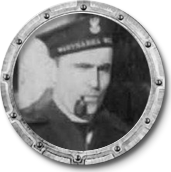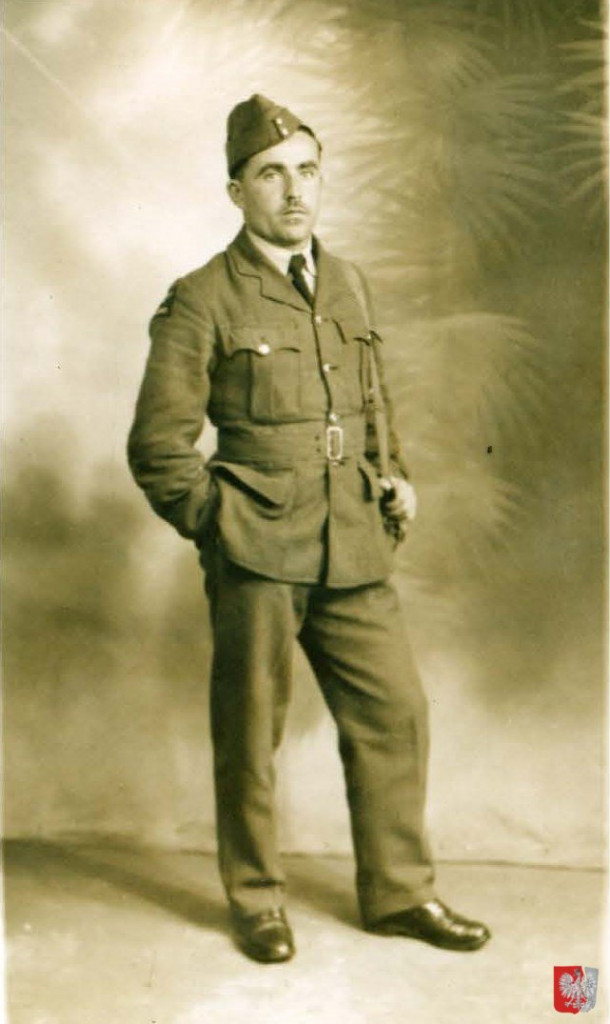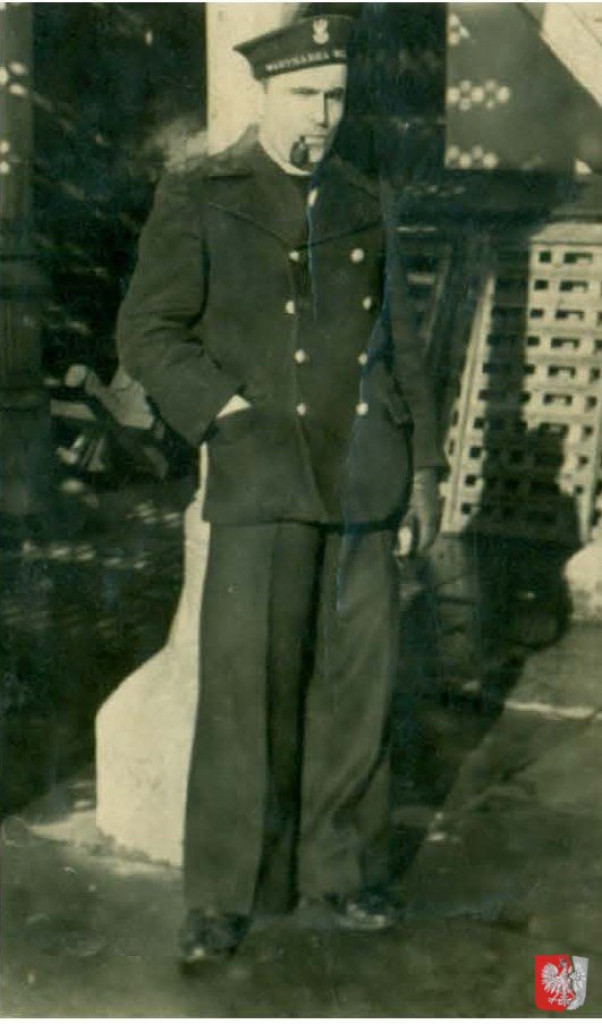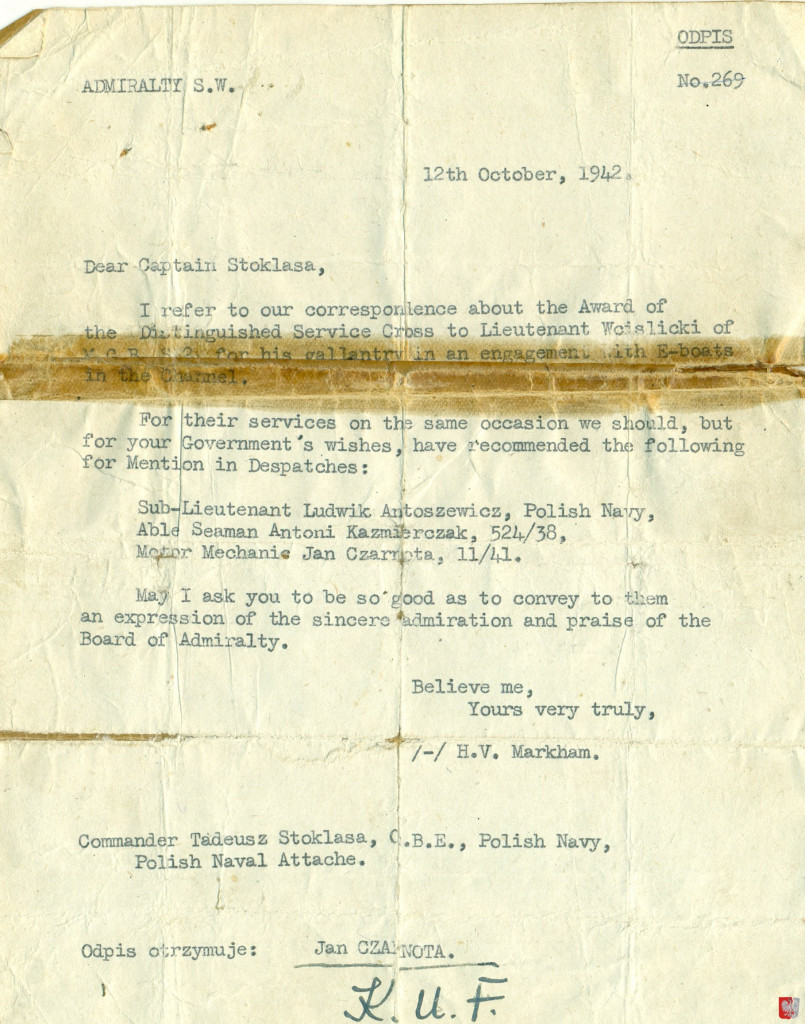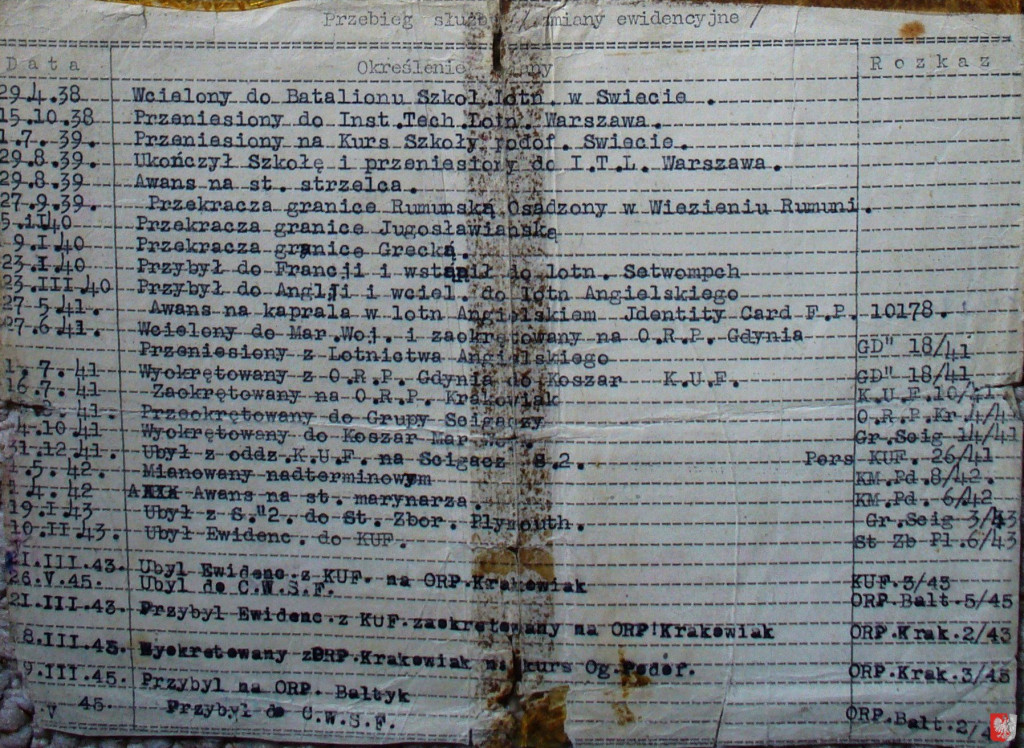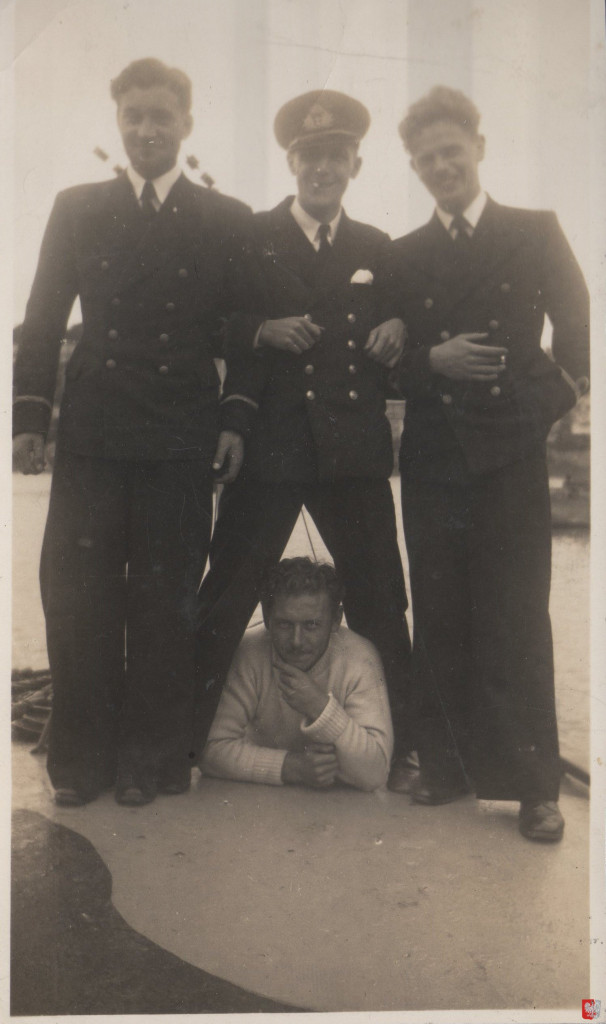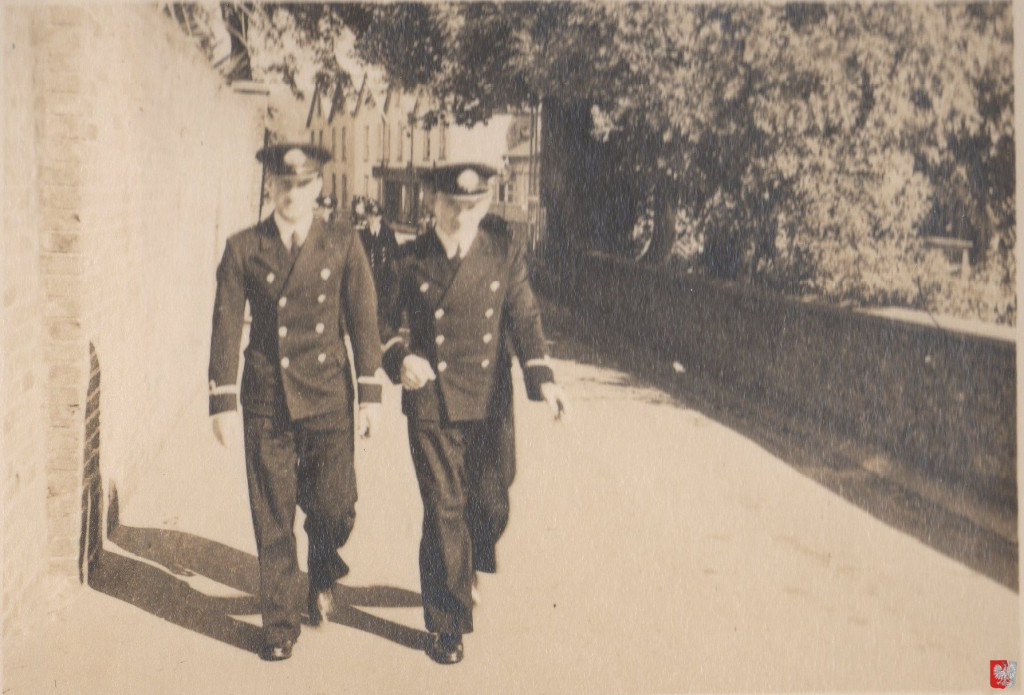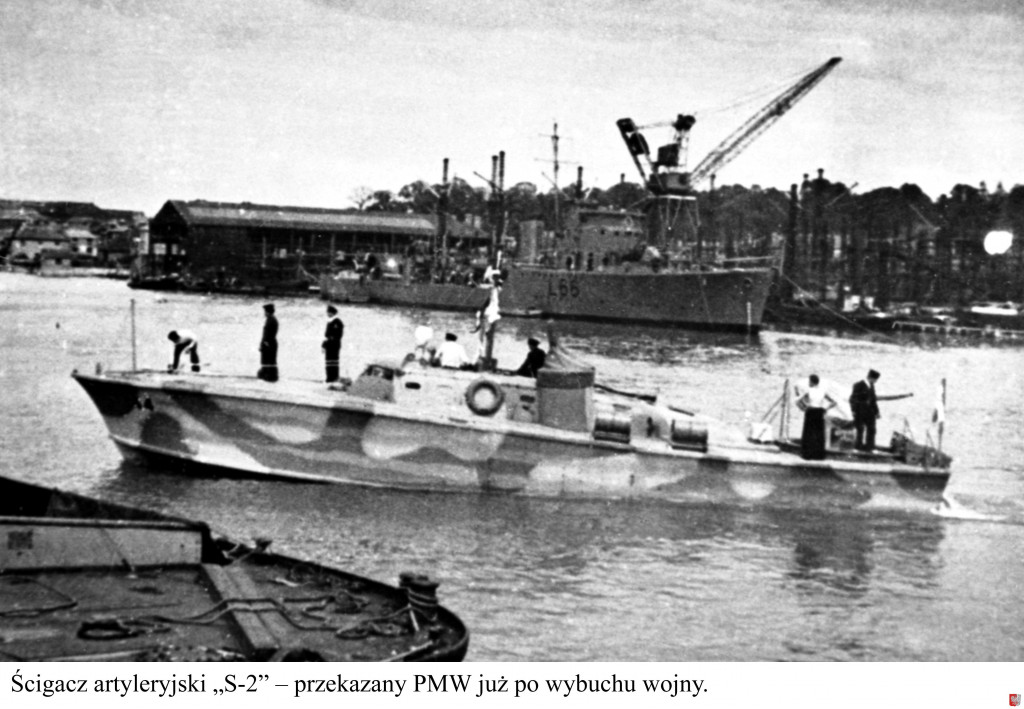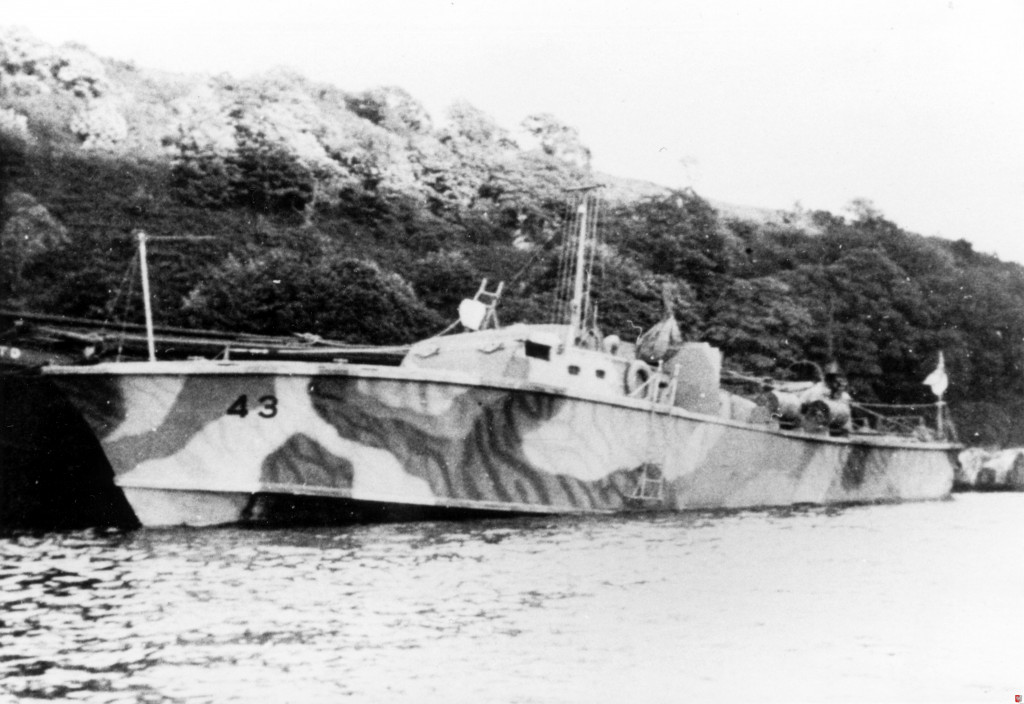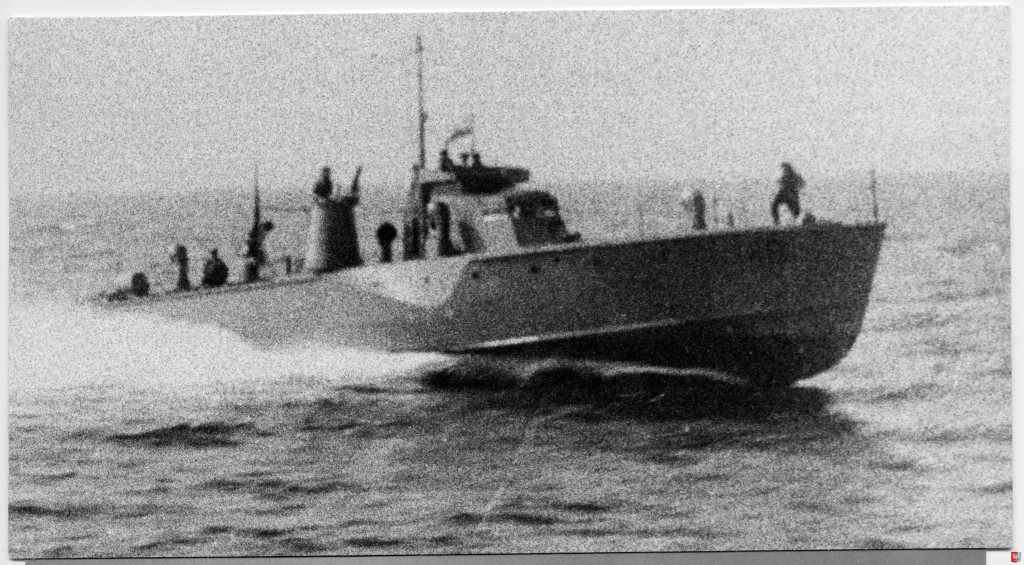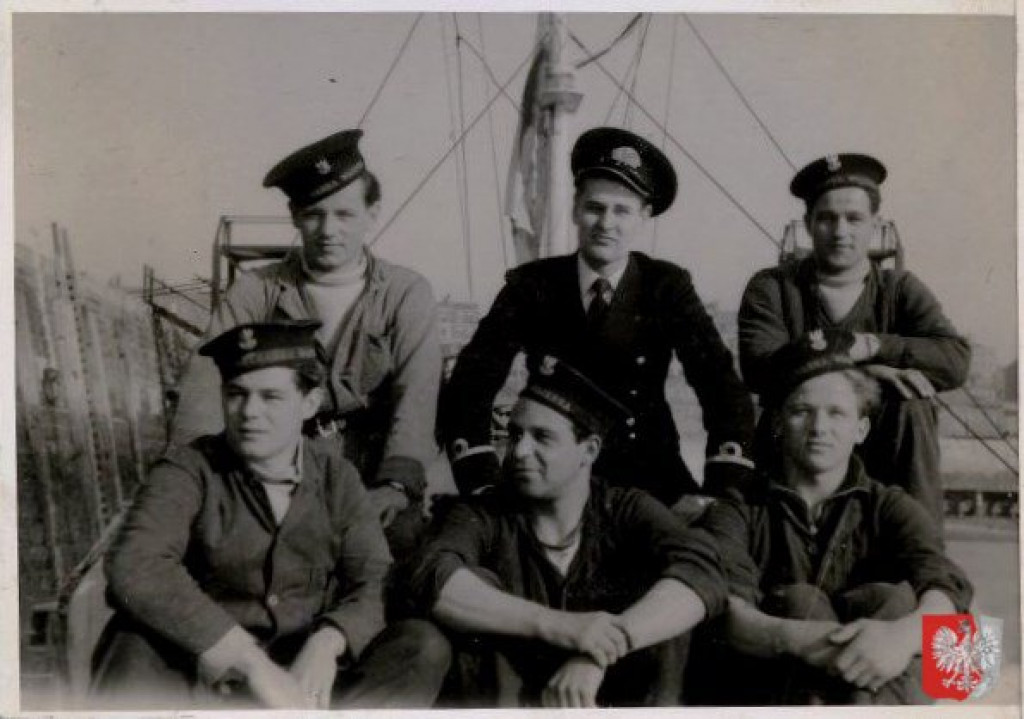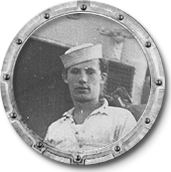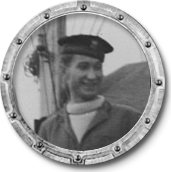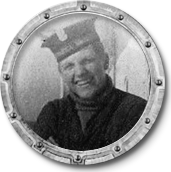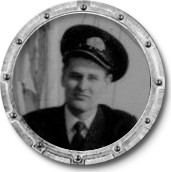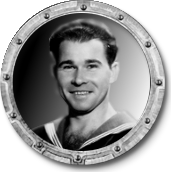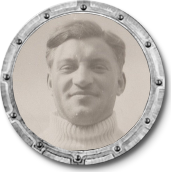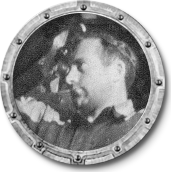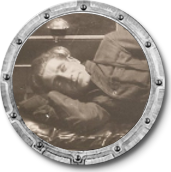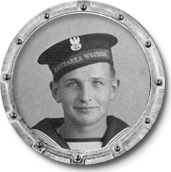
Polish Naval Memories of WWII
Despite the paucity of targets along the French coast, by August they had reached the point where they were sinking more shipping on the German side of the Channel than the Germans, even against our heavy convoys, were sinking along the British coast.
And in this brilliant campaign the Poles played an important part. One story must serve for many. In the small hours of the morning of 21st June two Polish MGBs were working on reconnaissance to the east of our patrols that were covering the passage of a convoy along the Channel coast. One of the two ships developed engine-room defects and was instructed to return. The other ship carried on.
After a while a strong force of E-boats was sighted and reported by W/T to the base. As it was clear that she would be heavily outnumbered and probably overwhelmed by the weight of the armament on the other side, a signal was sent ordering her recall. She received the signal – but language difficulties appear sometimes at inconvenient moments. The Polish lieutenant in command of MGB found himself unaccountably, and purely temporarily, unable to understand the signal.
He carried on, sighted the enemy and, with his engines flat out, closed them and engaged. There were six German craft, all of approximately the size and armament of his own. With the spray racing from his bows, the foam of his wake piled high astern of him, he thundered into the centre of them, every gun firing. Taken by surprise, the Germans returned his fire for a moment; then, wheeling in swift succession, turned and made off. The attack that had been threatened on the convoy never developed. Single-handed this one MGB had driven off the enemy.
In the signal that was made after the action the officer commanding the base said, “I am not without suspicion that this misunderstanding was a case of turning the blind eye and, if so, results fully justify this following of precedent. There can be no doubt, that by this spirited action, MGB S2 successfully diverted the enemy from his purpose… to lay mines and to torpedo the Channel convoy”.
Source: Navies in Exile by A.D. Divine
The action of Eugenieusz Wciślicki’s S2 during the night of the 21st-22nd June showed all the dash of the famed Polish cavalry of old. The commander was ultimately awarded the DSC and the Polish Virtuti Militari, although motor mechanic Janek Czarnota felt that the crew should have at least received a ‘mention in despatches’. Perhaps because Wciślickli had ignored orders the Polish naval authorities were at first reluctant to acknowledge this solo piece of initiative; the British Senior Service on the other hand had the iconic example of Horatio Nelson!
Source: Poles Apart: Polish Naval Memories of WWII by Martin Hazell
